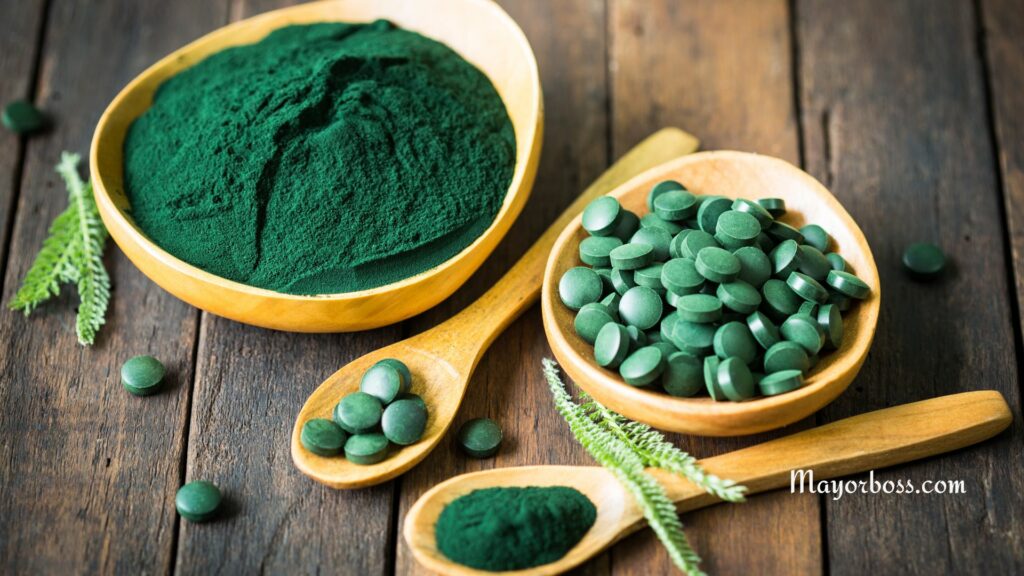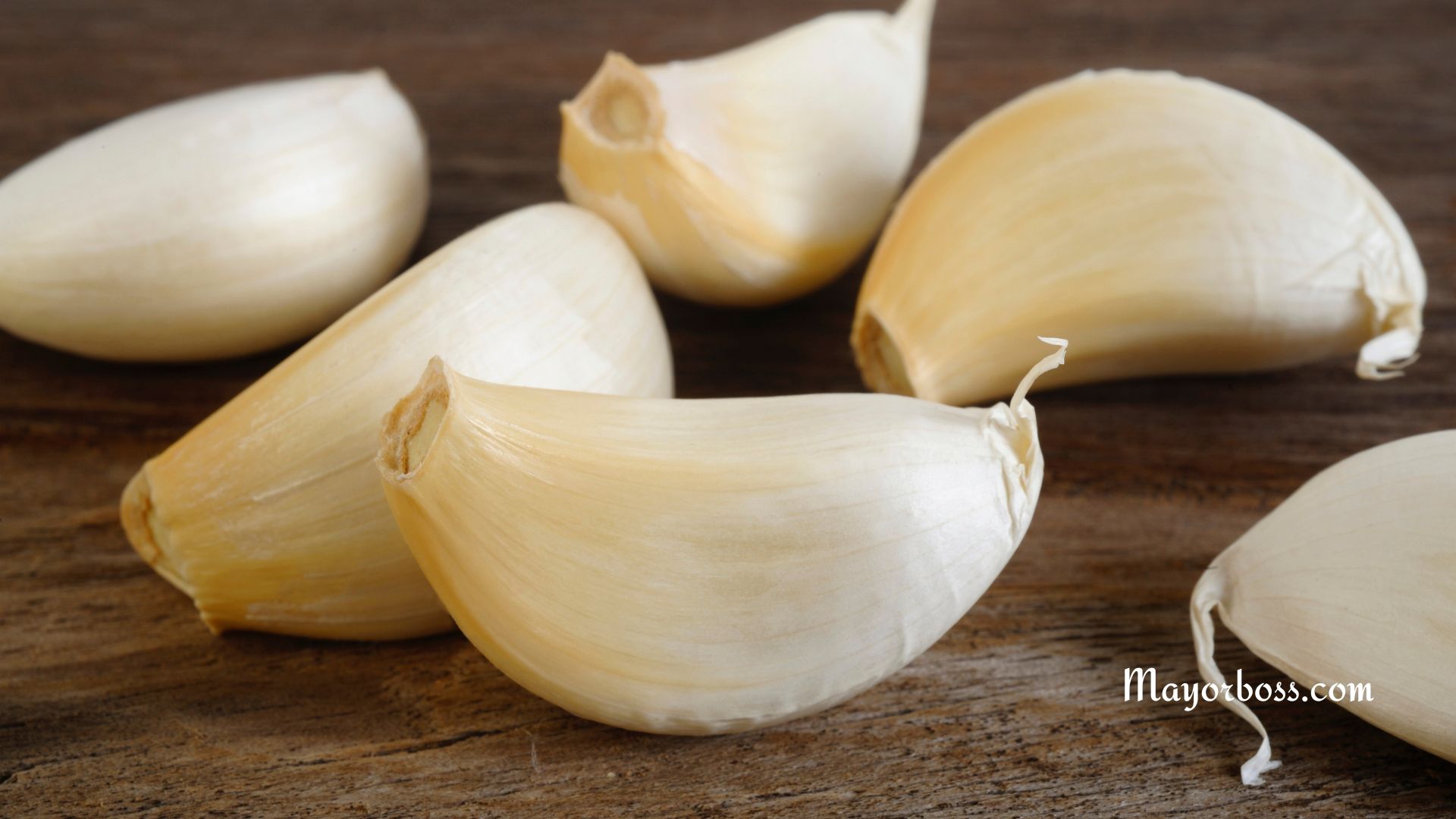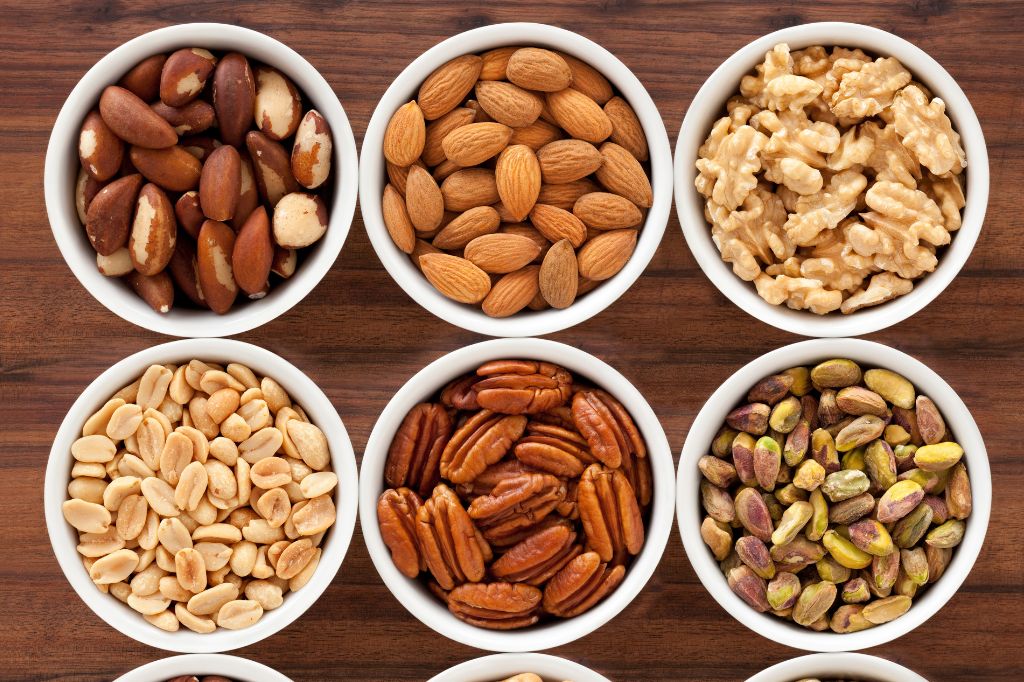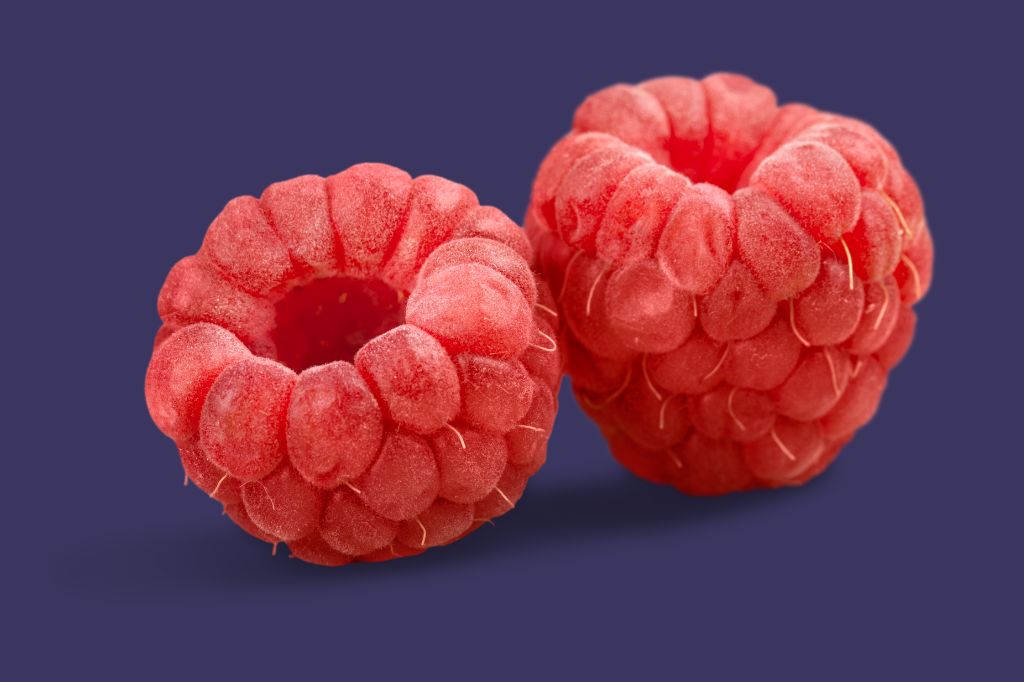The Benefits of Spirulina
You might have heard of spirulina, but are you aware of the benefits of spirulina? This blue-green alga is a nutritional superstar, filled with lots of chlorophyll, vitamins, and minerals. It’s no wonder that many health-conscious individuals include spirulina in their daily regimen.
Rich in Nutrients

Spirulina is loaded with essential nutrients.
This is because, according to the U.S. Department of Agriculture, it contains a wide range of vitamins, including B1, B2, B3, and E, along with minerals such as iron, copper, magnesium, potassium, and manganese.
Moreover, spirulina is a wonderful source of high-quality protein, making it a popular supplement among vegetarians and vegans.
Powerful Antioxidant Properties
Spirulina is abundant in antioxidants.
These powerful compounds help combat oxidative stress, a key contributor to chronic diseases.
Studies indicate that the key active ingredient, phycocyanin, not only gives spirulina its blue-green color but also possesses potent antioxidant and anti-inflammatory properties.
Supports Heart Health
Research has consistently shown positive results in terms of spirulina and heart health.
It’s been found to manage cholesterol levels and triglycerides and lower blood pressure.
As such, regular consumption of spirulina could potentially reduce the risk of heart disease.
Boosts Metabolic Health
Some studies on the benefits of spirulina highlight its impact on metabolic health.
It’s been found that spirulina can improve metabolism, helping the body to use energy more effectively.
This may be because spirulina contains essential amino acids that can aid in this process.
Enhances Endurance and Muscle Strength
Aside from being a nutritional powerhouse, spirulina also has benefits for physical fitness.
Research has tested its effects on endurance and muscle strength.
The results showed that athletes who were supplemented with spirulina had longer endurance and were fatigued less quickly.
Plus, its high protein content contributes to muscle repair and growth.
It May Help With Allergic Reactions
For those suffering from allergies, spirulina might be a natural remedy worth considering.
Studies show that spirulina can mitigate the symptoms of allergic rhinitis, such as sneezing, itching, and congestion.
That’s because spirulina has properties that can suppress the release of histamines, chemicals that trigger these symptoms.
According to a study, spirulina was discovered to be a more effective remedy for allergic rhinitis symptoms and inflammation reduction than cetirizine, an antihistamine commonly used to treat allergies.
Aiding Mental Health
Spirulina also has benefits for mental health.
Specifically, it’s been linked with improved mood and cognitive function, thanks to its rich content of tryptophan.
Tryptophan is an amino acid that is used by the body to produce serotonin, the so-called “feel-good” hormone.
May Help Lower Blood Sugar Levels
Research on the benefits of spirulina has found it can help regulate blood sugar levels.
Some studies on spirulina’s effect on diabetes patients have shown promising results, with spirulina supplementation leading to significant reductions in blood sugar levels.
Because of these qualities, spirulina might be a beneficial supplement for those seeking to manage their blood sugar levels naturally.
Final Thoughts
Even though spirulina is not a magic cure-all, the benefits of spirulina are certainly significant.
Its nutrient density, combined with its antioxidant, heart-friendly, and anti-inflammatory qualities, make it a superfood worth considering.
For this reason, adding spirulina to your daily routine could offer a natural, nutrient-packed boost to your health.
Frequently Asked Questions
Spirulina is basically a type of blue-green algae that particularly grows in salt and fresh water. It is considered a superfood due to its excellent nutritional profile and health benefits.
As one of the oldest life forms on Earth, it’s been consumed for centuries due to its high nutrient content and potential health benefits.
Today, it’s popular in many cultures around the world due to its unique blend of nutrients, antioxidants, and protein.
Spirulina is available in several forms: powder, tablet, capsule, and flake. It can be incorporated into your diet in various ways.
You can mix the powder into smoothies, shakes, or juices, sprinkle it on salads, or even mix it into your yogurt.
If the taste is too strong for you, capsules or tablets are a good alternative.
Spirulina is generally safe for most people.
However, like any supplement, it can cause side effects in some individuals. These may include headaches, allergic reactions, muscle pain, sweating, and insomnia.
People with autoimmune diseases, phenylketonuria (PKU), a specific metabolic disorder, or those who are pregnant or breastfeeding should consult with their healthcare provider before beginning any spirulina supplementation.
Always remember to source your spirulina from reputable suppliers, as improperly grown spirulina can contain harmful contaminants.






